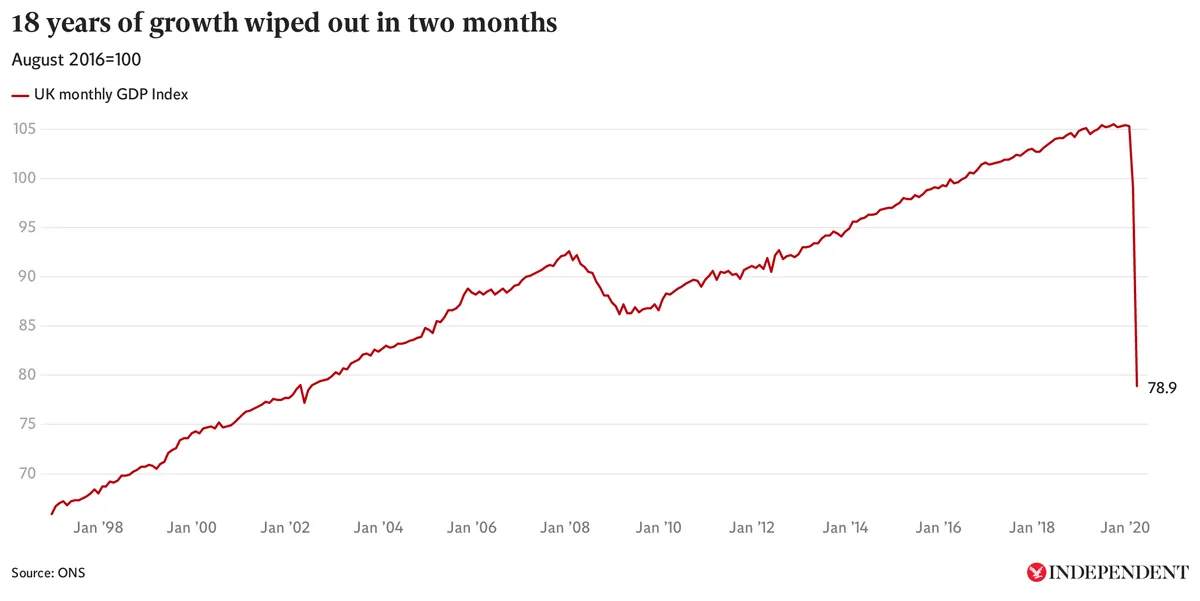Spain Proposes Residency for Half a Million Undocumented Migrants
Spain's left-wing government introduces legislation to grant residency to 500,000 undocumented migrants, sparking debate amid rising immigration concerns. Opposition parties criticize the move as public opinion shifts.

Spain's left-wing coalition government has proposed legislation that would grant residency to approximately 500,000 undocumented migrants. This move comes as immigration has become a significant concern for Spaniards, with a 49% increase in illegal arrivals compared to the previous year.
The proposed bill, soon to be voted on by the Spanish Congress, follows a campaign by the Regularisation Now movement. This initiative has consistently advocated for granting permanent residency to undocumented immigrants. Spain, with its population of 47 million, has long been a destination for immigrants due to its geographic location and historical ties.
According to Spain's interior ministry, by mid-September 2024, around 40,000 undocumented migrants had entered the country by sea or land. This surge has propelled immigration to the forefront of public discourse. A recent opinion poll indicated that 30% of Spaniards now consider immigration one of the country's primary concerns, nearly doubling from a similar survey conducted in July 2024.

The main opposition People's Party (PP) and the far-right Vox party have strongly criticized Prime Minister Pedro Sánchez's government, accusing it of maintaining an "open doors" policy. Santiago Abascal, the leader of Vox, went as far as describing the situation as an "invasion" and pledged to expel all undocumented immigrants if his party were to gain power.
In contrast, the Sánchez government has consistently emphasized a humanitarian approach to immigration. This stance includes accepting migrant boats from the Mediterranean that have been turned away by other governments. Spain's position is influenced by its complex history and geography, with its southern coast being just 14 kilometers from North Africa across the Strait of Gibraltar.
Deputy Prime Minister and Labour Minister Yolanda Díaz celebrated the agreement to proceed with the mass regularization, stating, "Faced with racism, more rights." This approach aligns with Spain's tradition of providing universal healthcare to all residents, including immigrants, contributing to the country's high life expectancy of 83.4 years.
"Faced with racism, more rights."
The proposed legislation marks a significant development in Spain's immigration policy. The country has previously conducted mass regularization processes, with the most recent and largest one in 2005 granting papers to 576,000 foreigners. Currently, Spain's immigrant population stands at just over six million, representing 13.5% of the country's total inhabitants.
This legislative move comes at a time when Spain, like many European countries, is grappling with complex economic and social challenges. As the world's 14th largest economy by nominal GDP, Spain has been working to balance its economic needs with social policies. The country's unemployment rate, which has been among the highest in the EU in recent years, adds another layer of complexity to the immigration debate.
The proposed bill is expected to return to the Congress floor for a formal vote after the amendment window closes. Regularisation Now has hailed the bill as "an historic triumph." As Spain moves forward with this legislation, it continues to navigate its role as a key player in the European Union and NATO, balancing international obligations with domestic concerns.
This development occurs against the backdrop of Spain's rich cultural heritage and diverse landscape, which have made it a major tourist destination contributing significantly to its economy. As the country addresses these immigration challenges, it also continues to lead in areas such as renewable energy, particularly wind power, showcasing its commitment to progressive policies across various sectors.


































